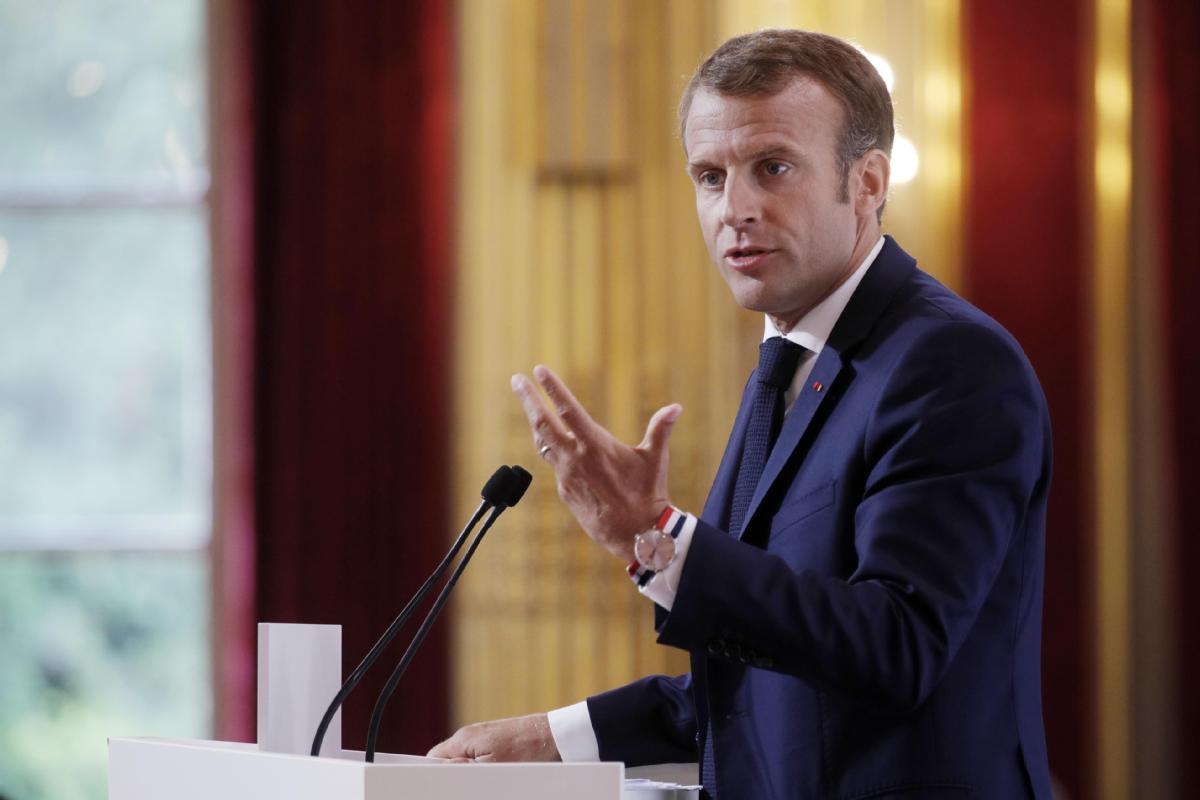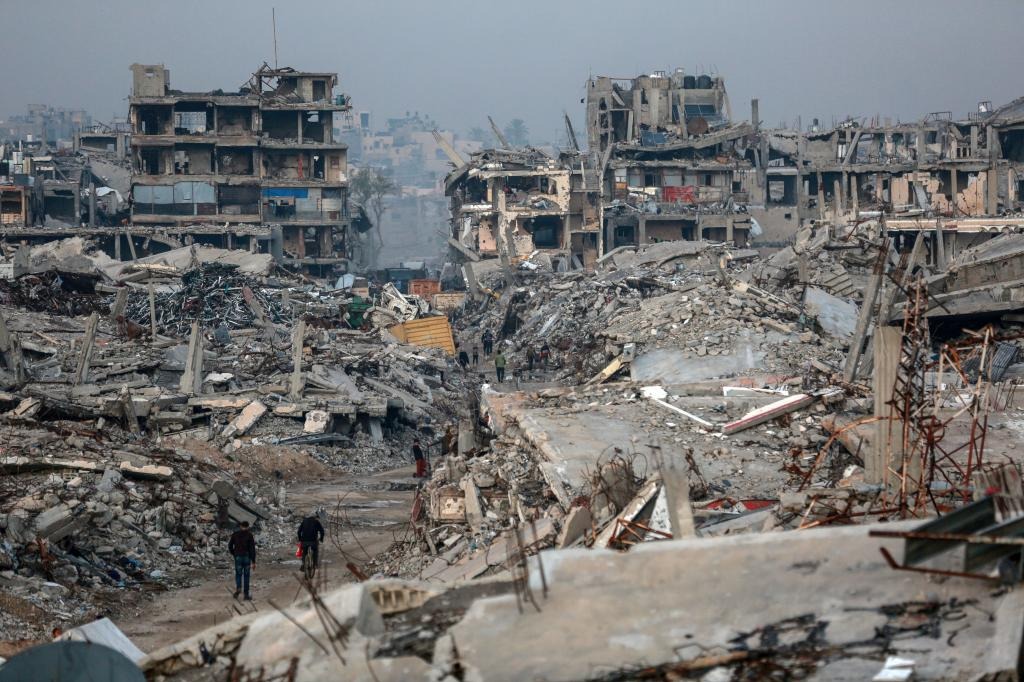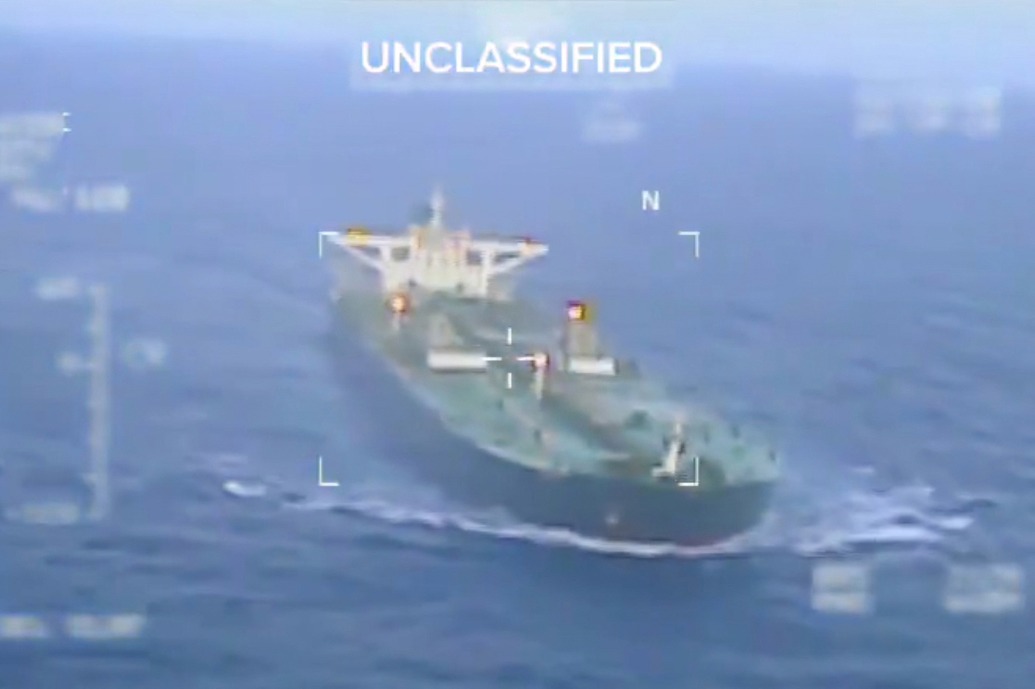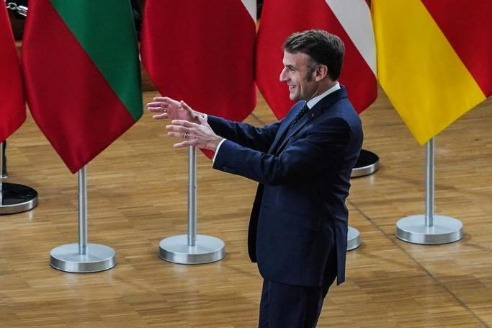Macron presses case for Europe defense


French environment minister quits in blow to govt on green issues
PARIS - French President Emmanuel Macron pushed on Monday for Europe to take more responsibility for its own defense, saying the continent's security shouldn't rely so much on the United States and could even include discussions with Russia.
In a speech to French ambassadors in Paris, Macron said: "Europe cannot rely on the United States only for its security. It's up to us to meet our responsibilities and guarantee our security, and therefore European sovereignty."
He said discussions on defense cooperation should be extended to all European countries and Russia.
Macron also told his diplomatic envoys about the need "to represent France and its interest" abroad via "a reliable diplomacy" which "supposes a certain capacity of reinforced anticipation".
His vision included a more united front on at least half a dozen security topics and comes after US President Donald Trump's repeated demands for Europe to become more self-sufficient in its defense.
"This reinforced solidarity will imply a revision of the European architecture of defense and security: by initiating a renewed dialogue on cybersecurity, chemical weapons, conventional weaponry, territorial conflicts, space security, the protection of the polar zones, in particular with Russia," Macron said.
At a NATO summit last month in Brussels, Trump put more pressure on European countries, asking them to increase their military spending to at least 2 percent of their gross domestic product - a NATO goal many members, including Germany, do not yet meet. Germany is, however, increasing its military spending to 1.5 percent of GDP by 2025.
Resignation
Macron's speech on Monday aimed to set the road map of French diplomacy for the next year.
Since his election in May last year, the 40-year-old French leader has called for a more integrated European Union as a whole, with a common European defense budget and security doctrine.
In November, EU countries officially launched a new era in defense cooperation with a program of joint military investment and project development aimed at helping the EU confront its security challenges. Twenty-three of the EU's 28 member nations signed up to the process, known as permanent structured cooperation, or PESCO.
Meanwhile, French Environment Minister Nicolas Hulot announced his resignation on Tuesday, citing disappointment with the lack of progress on climate and other environmental goals.
Hulot said his decision, taken on Monday night, was the result of an "accumulation of disappointments" over the inadequacy of steps to tackle climate change, defend biodiversity and address other environmental threats.
AP - Xinhua - Reuters
































